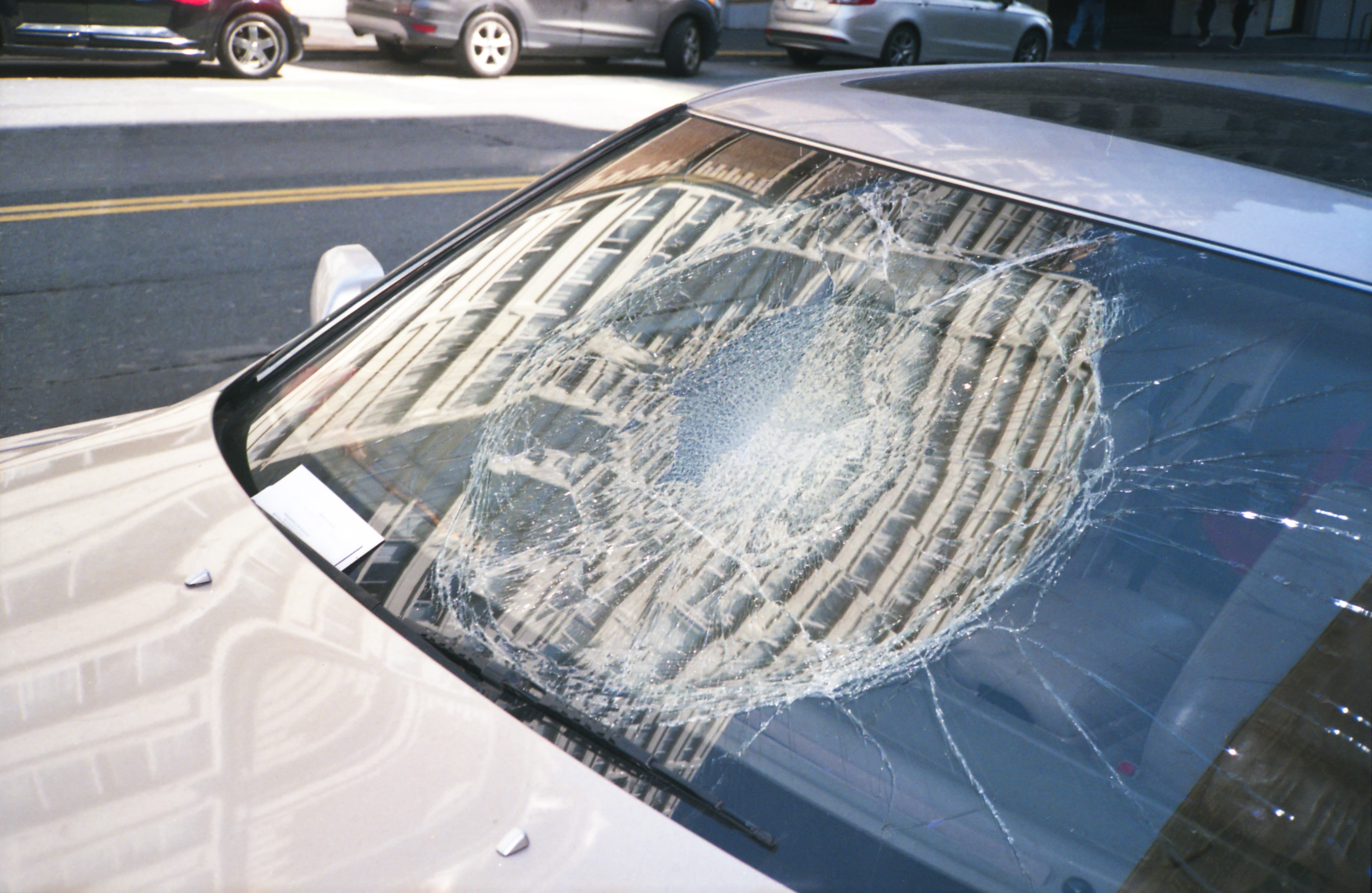As most people know, Ontario’s auto insurance system protects both the driver and the car. If the primary driver of a vehicle gets into an accident, the policy will respond to cover the medical bills of the driver as well as repair any damage to the car.
Where things get trickier is when another driver steps behind the wheel of that vehicle. Know the second driver insurance rules in Ontario to protect yourself at all times.
What’s a primary driver?
The primary driver is the person who regularly drives that vehicle. Every car is assigned a primary driver and the base insurance rates are calculated on that individual’s driving history, including any tickets or accidents they may have experienced. Primary drivers don’t have to own their vehicles, but they must use them more than anyone else. For example, it’s totally fine for a parent to own a vehicle that is mostly driven by their child or a nanny.
What’s a secondary driver and what are the insurance rules?
A secondary driver on your insurance policy is someone who regularly uses the vehicle, but doesn’t use it the most. These drivers need to be added to the insurance policy for that vehicle. In practical terms, this is often a spouse who may be the primary driver of another vehicle but who might use your car from time to time. It also includes anyone who regularly gets behind the wheel of that vehicle, like a teen with a G2 driving in their mom’s car.
The first of the second driver insurance rules is that anyone who uses your car regularly should be added to your policy.
The insurance company will look at the driving record of the secondary driver and will usually charge an additional premium. This is because the risk increases when someone other than the primary driver takes the vehicle out of the garage.
What if I don’t add a secondary driver?
The short answer is: add them. If somebody can be deemed a secondary driver, insurance rules say you need to add them to your policy. Your insurer will help you ensure that your coverage is adequate to protect the drivers of the vehicles. This approach provides peace of mind and guarantees that you and those you love are protected, should anything happen.
Don’t wait until your car insurance renewal to add frequent drivers, or else a claim could be denied on the grounds of misrepresentation.
Another one of the second driver insurance rules is that insurance companies can deny claims if a driver wasn’t truthful about the level of risk for the policy in question. Adding a the appropriate people to your list protects you from that possibility because it paints a clear picture about the level of risk tied to your policy.
Who needs to be added?
Your insurance policy states that you need to add a driver to your policy if they use the vehicle “regularly.” That means someone who can be expected to drive the vehicle over a sustained period.
You do not need to add:
- Relatives visiting from out of town who wants to take in the sights.
- Neighbours who borrow your car while theirs is in the shop once per year or so.
- Siblings running a one-time grocery errand because you’re sick.
However, you do need to add a relative who uses the car to pick a child up at daycare once every 1-2 weeks, or a roommate who uses the car regularly for shopping trips. It also includes young drivers in the household who have access to the vehicle, even if they only use the car occasionally.
How much does it cost to add someone to your policy?
Adding someone to your insurance usually results in a modest increase to your rates because of the basic fact that more driving translates to more risk (statistically), but it varies depending on the driver being added to your insurance. If the driver is experienced and without traffic tickets or accidents on their record, the increase will be minimal.
You may also see a slight bump in rates if you’re buying a car with joint ownership, as that implies both people will use the car.
But it can be quite a significant increase if the driver is:
- Young.
- Inexperienced.
- Has several demerit points (usually from speeding tickets).
The range can differ between a few dollars a month for a low-risk driver to hundreds of dollars more each month for a high-risk driver.
The reason for this is simple; as we learn to drive, we sometimes hit things. Of course, not every young driver hits things, but statistically they are more likely to do so. And—sorry boys—the statistics show that young male drivers tend to have more accidents than young females. This means young male drivers pay a higher premium for their insurance coverage.
What’s the definition of “occasional driver?”
Occasional driver insurance by definition is insurance used to protect someone who uses your car once or twice a week. Most often this would be a nanny, spouse, roommate, or even a post-secondary school student who uses their parent’s car every once in a while.
The premium rate for occasional driver insurance is based on driving records. This means that if the occasional driver has a clean history then he or she will be quoted at a lower rate than someone with a record including accidents, traffic tickets, or anything else that might concern an insurer.
What if an accident happens without occasional driver insurance?
Not everyone who drives your car needs insurance, necessarily. For example, someone using your truck to move their furniture to their new home wouldn’t need to be put on your insurance. But what if that person borrowing your truck to move gets into an accident?
Your insurance policy should cover the costs in the event of an accident if the driver has or complies with the following:
- A Canadian driver’s license.
- Written or verbal permission from you to drive their car.
- Follows the rules stated in your insurance policy (e.g. if your insurance covers your vehicle for personal use, then your brother can’t use it to be an Uber driver).
- Doesn’t participate in any illegal activities (such as reckless, distracted, or impaired driving).
A common belief is that if your friend drives your car and gets into an accident it won’t affect your insurance premium. In fact, if your insurance company is covering the damage, your insurance premium is likely to increase. The reason for this is because you are trusting someone with your car and covering your car with someone else driving it in this scenario. If an accident were to occur, then it would affect your insurance to a degree (but not your driving record, which is a separate insurance factor).
Before letting anyone drive your car, whether that be an occasional driver or someone else just once, it’s always helpful to know what’s covered. That way you can you can let family and friends drive your car without causing you stress.
So who can drive my car under my policy?
In Ontario, the overarching rule is that insurance claims apply to your vehicle in most cases, not individual drivers (although your driving record still counts as a factor for underwriting). That means that anyone with a valid license who drives your car is technically covered by your auto insurance policy. There are several considerations to this that are important to understand, however.
As we’ve discussed above, you’ll need to add secondary and occasional drivers to your policy. In practical terms, this means anyone living in your household with a valid driver’s license should be listed on your policy, as well as any occasional driver, such as a nanny, next door neighbour or relative, who has regular access to the vehicle.
Can I lend my car to friends?
Your insurer will never tell you what to do with your car (except to insure it, obviously). It just wants to understand how the car is being used and who usually uses it. You can absolutely lend it to anyone you want, provided that it’s just incidental instead of regular use.
What is an incidental driver? Great question. Some examples include:
- The neighbour next door whose car is in the shop who needs to buy groceries.
- The out-of-town guest who wants to visit friends or go sight-seeing.
- That friend who needs a truck to bring something back from the warehouse store.
- Someone taking the wheel for a road trip driving shift.
Just be aware that incidental drivers do not include relatives or roommates who use your vehicle every once in a while. If it’s recurring (even once every month or two), then it’s not incidental. Those people will fall under the “occasional driver” category.
Just something to keep in mind when figuring our who can drive your car under your insurance policy.
How do I know?
The key to understanding second driver insurance rules is if other people use your car regularly (even if it’s not too often, or if they live in your household). If anyone else drives your car, we suggest you call your insurer. They can answer any questions and advise if you need to take any action when it comes to a second driver and insurance rules.
See how your secondary (or occasional) driver affects your rate with a 3-minute quote.
You can also call one of our brokers at 1 (855) 242-2440.







